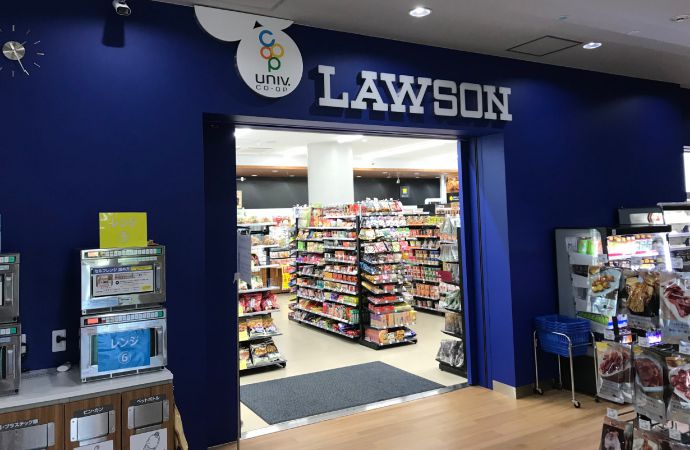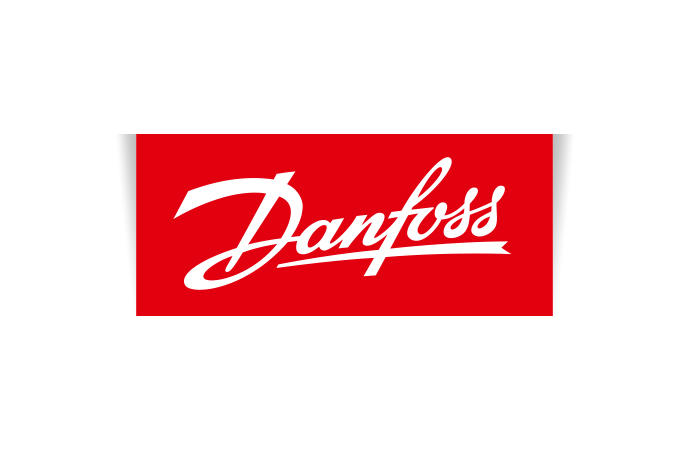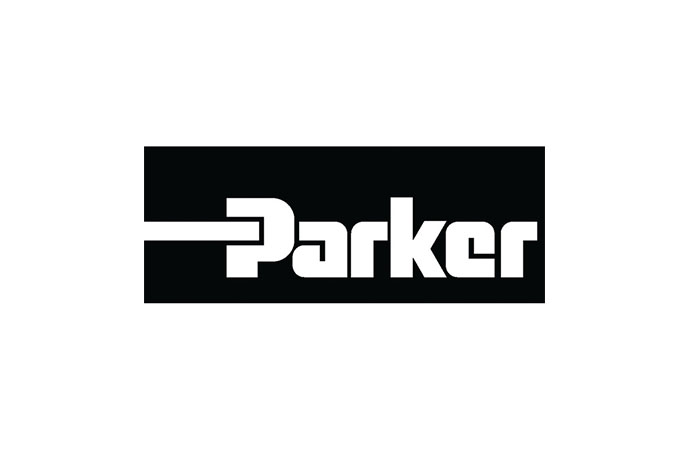The Canadian Standards Association has adopted a standard that permits the use of hydrocarbons in household refrigerators, with the provincial authorities having the last word over the acceptability of such products. An investigation by Greenpeace, however, revealed that provincial authorities did not consider the approval of refrigeration technology as part of their duties and referred the NGO back to nation-wide authorities.

In response to questions raised in a recent article by “The Globe and Mail” as regards to the entities responsible of approving Greenfreeze technology in Canada, Canadian Standards Association (CSA), a non-profit association that provides testing and certification services, maintained that standards were recently modified to allow for testing and certification of HFC-free residential refrigerators.
Indeed, “[…] CSA recently adopted the International Electrotechnical Commission standard for refrigerators which permits the use of flammable refrigerants with no limits regarding the volume of combustible refrigerants," CSA spokesman Anthony Toderian said in an e-mail. However, "there is some question whether provincial regulators would accept products certified to this standard," he added. "It would be up to provincial regulators in each jurisdiction to determine if they would recognise these products as acceptable."
Greenpeace’s experience with the local authorities
CSA’s reaction validates what Greenpeace already knew, i.e. that the last word of approving hydrocarbons for residential applications lies with the provincial authorities. To further investigate the situation in Canada, Yossi Cadan, campaign director for Greenpeace Canada corresponded with every province, inquiring about the kind of regulations that had to be changed to allow for the use of hydrocarbons in household refrigerating appliances.
As a response, none of the provinces were able to identify any regulations in their jurisdiction that had to be changed, and each of the several provinces referred Mr. Cadan back to different nation-wide authorities instead.
Could following Coke’s path be the solution?
On the other hand, Coca-Cola has managed to receive approval for its HFC-free coolers using natural refrigerant R744 for the next Winter Olympic Games in Canada, eventhough the Canadian certification bodies did not have in place standards or test procedures to assess this technology. Coca Cola worked together with the authorities to develop such processes. Similarly, a manufacturer of hydrocarbon based household refrigerating appliances could work closely with the Canadian-wide and provincial authorities to open the door to a technology that has been in use throughout Europe, Japan, China, Argentina and Brazil.
Indeed, “[…] CSA recently adopted the International Electrotechnical Commission standard for refrigerators which permits the use of flammable refrigerants with no limits regarding the volume of combustible refrigerants," CSA spokesman Anthony Toderian said in an e-mail. However, "there is some question whether provincial regulators would accept products certified to this standard," he added. "It would be up to provincial regulators in each jurisdiction to determine if they would recognise these products as acceptable."
Greenpeace’s experience with the local authorities
CSA’s reaction validates what Greenpeace already knew, i.e. that the last word of approving hydrocarbons for residential applications lies with the provincial authorities. To further investigate the situation in Canada, Yossi Cadan, campaign director for Greenpeace Canada corresponded with every province, inquiring about the kind of regulations that had to be changed to allow for the use of hydrocarbons in household refrigerating appliances.
As a response, none of the provinces were able to identify any regulations in their jurisdiction that had to be changed, and each of the several provinces referred Mr. Cadan back to different nation-wide authorities instead.
Could following Coke’s path be the solution?
On the other hand, Coca-Cola has managed to receive approval for its HFC-free coolers using natural refrigerant R744 for the next Winter Olympic Games in Canada, eventhough the Canadian certification bodies did not have in place standards or test procedures to assess this technology. Coca Cola worked together with the authorities to develop such processes. Similarly, a manufacturer of hydrocarbon based household refrigerating appliances could work closely with the Canadian-wide and provincial authorities to open the door to a technology that has been in use throughout Europe, Japan, China, Argentina and Brazil.
MORE INFORMATION
Related stories







